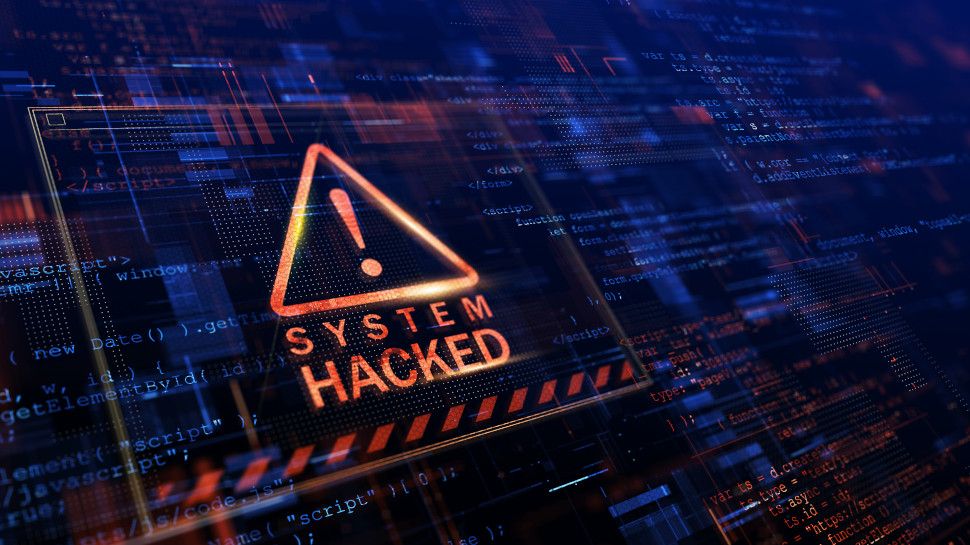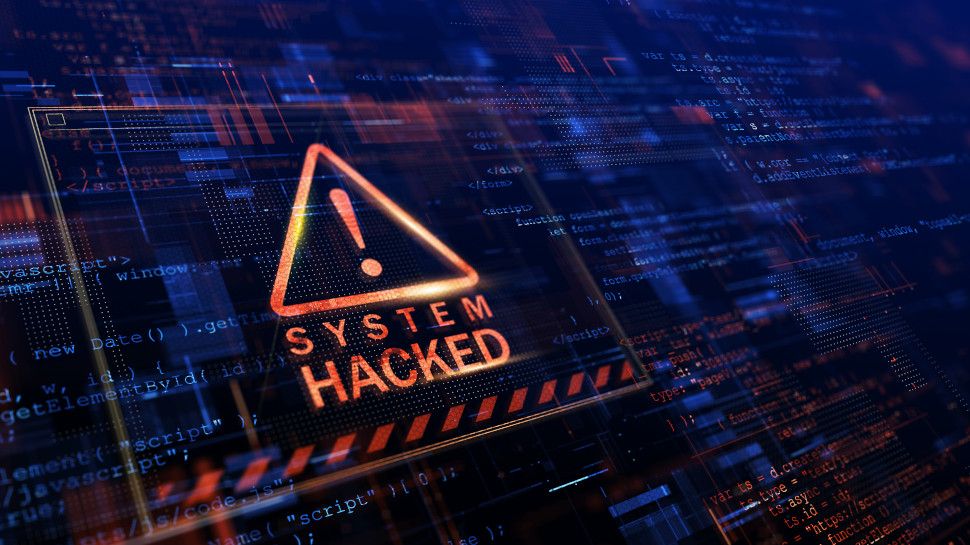
Despite cybersecurity being a significant concern for the majority of companies, many still wouldn’t be able to tell if their endpoints (opens in new tab) had been compromised, or not. However this news may not be as bad as it sounds.
Cybersecurity researchers from Nozomi Networks found over a third (35%) of businesses did not know if their organization had been compromised. However, last year, the figure stood at 48%, signaling a solid improvement in visibility.
Furthermore, a quarter (24%) were confident they hadn’t had an accident this year, twice as many compared to the same time last year.
More money, fewer incidents
Overall, the number of respondents admitting to having suffered a data breach in the last 12 months went down, year-on-year, from 15% to 10.5%. A third of those (35%) said the engineering workstation was an initial infection vector (twice as many, compared to 18.4% last year).
All of these improvements seem to be coming from rising cybersecurity budgets, the report’s authors are suggesting. Two-thirds (66%) said their control system security (opens in new tab) budget rose in the last two years (up from 47% a year ago), with 56% saying they’re able to detect a compromise within 24 hours (up from 51%). More than two-thirds (69%) can now move from detection to containment within 6-24 hours.
Almost nine in ten (87.5%) audited their OT/control systems or networks for security issues in the last year (up from 75.9%), while a third (29%) implemented a continual assessment program. Many monitor their OT system security (83%), with 41% of those using a dedicated OT SOC.
“In the last year, Nozomi Networks researchers and the ICS cybersecurity community have witnessed attacks like Incontroller move beyond traditional targets on enterprise networks, to directly targeting OT,” said Nozomi Networks Co-founder and CPO Andrea Carcano.
“While threat actors are honing their ICS skills, the specialized technologies and frameworks for a solid defense are available. The survey found that more organizations are proactively using them. Still, there’s work to be done. We encourage others to take steps now to minimize risk and maximize resilience,” Carcano concluded.
